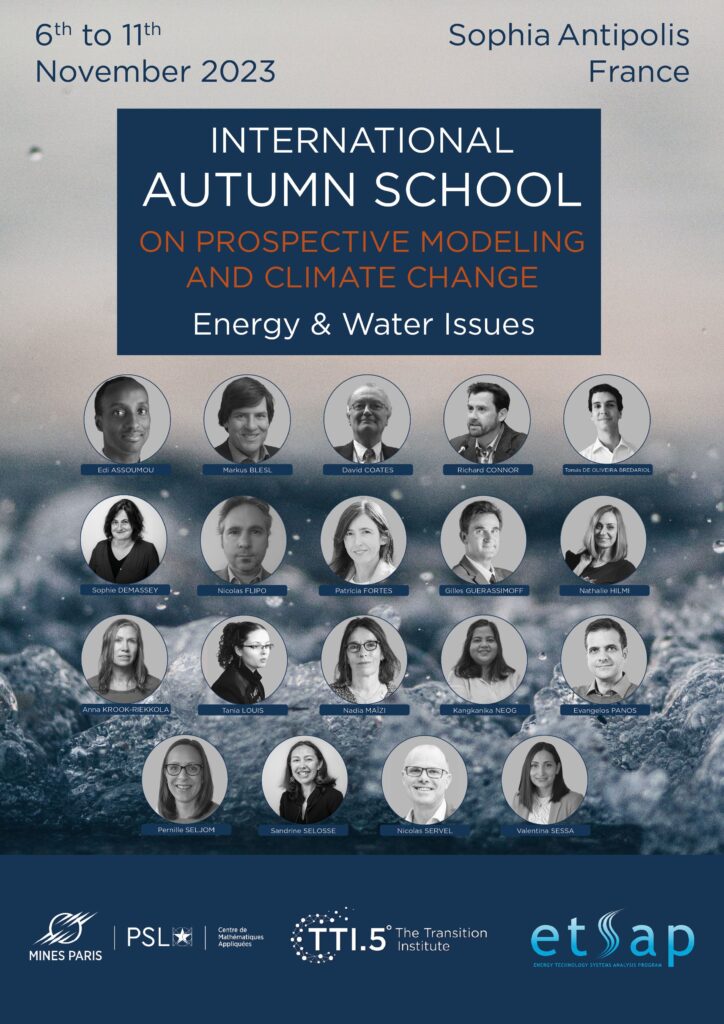We are pleased that so far, we have confirmed the following speakers coming from more than 11 countries around the world:
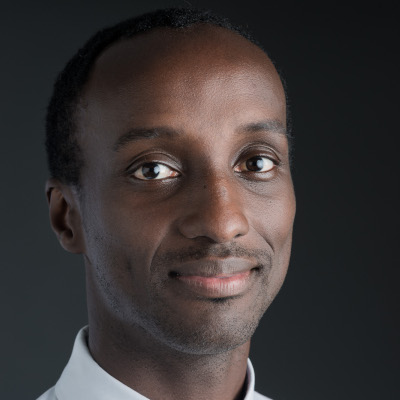
Edi ASSOUMOU
CMA Mines Paris – PSL, France
Dr. Edi Assoumou has been a researcher at the Mines Paris – PSL Centre for Applied Mathematics (CMA) in France since 2007. His research activities focus on energy system analysis and the development and articulation of models of different spatial and temporal resolutions. Edi has been involved in several EU and French projects where his research has covered sustainable transport, urban energy systems, energy and lifestyles, power systems transition, flexibility in gas systems, and Life Cycle Analysis. In particular Edi is an experienced TIMES modeler and coordinates the development of the French TIMES model and its sectoral modules as well as the EU power system model.
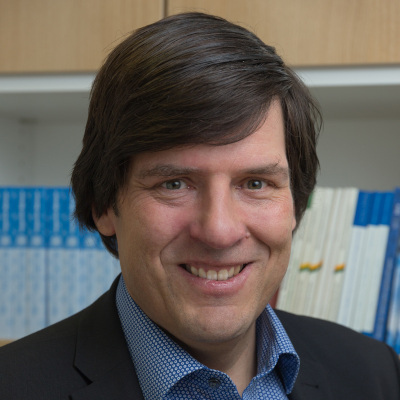
Markus BLESL
IER Stuttgart, Germany
Prof. Dr. Markus Blesl is head of the System Analytical Methods and Heat Market (SAM) department at the Institute for Energy Economics and Rational Energy Application (IER), part of the University of Stuttgart. He graduated in physics from the University of Stuttgart in 1995 and obtained his PhD on spatially high-resolution modelling of local energy systems from the same university in 2002. In 2014, he habilitated with a thesis entitled, “Combined Heat and Power Generation in the Heat Market of Germany and Europe – an Energy System and Technology Analysis” and received the venia legendi for Energy System and Technology Analysis. His main areas of work include the analysis and evaluation of energy technologies for coupled and uncoupled power and heat generation, as well as the further development and application of energy system models.
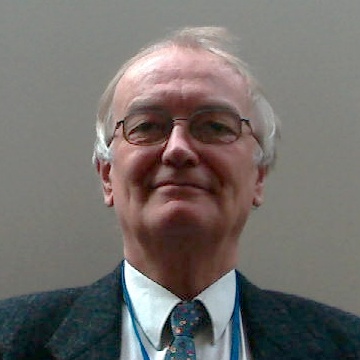
David COATES
UNESCO, Scotland
Dr David COATES’ early research was on the biological control of vectors of human diseases (malaria and schistosomiasis) associated with irrigation schemes in the Nile Basin, Sudan. He then worked in the field for 11 years with the FAO, on fisheries, environment, river basin management and food security. He was Chief Technical Adviser for water resources and fisheries with the Mekong River Commission followed by team co-ordinator for a GEF project mainstreaming biodiversity and environmental considerations into the fisheries, agriculture, and water resources sectors in the lower Ganges River Basin (Bangladesh). David then spent 14 years at the Secretariat of the Convention on Biological Diversity, based in Montreal, where he led the work on water, food, and energy, and was senior representative to UN-Water. He has been an active contributor to the World Water Development Report Series including lead adviser on the 2018 edition on Nature Based Solutions. He is now an independent adviser continuing his interest in the relationships between biodiversity, ecosystems, water, food, energy, and sustainable development.
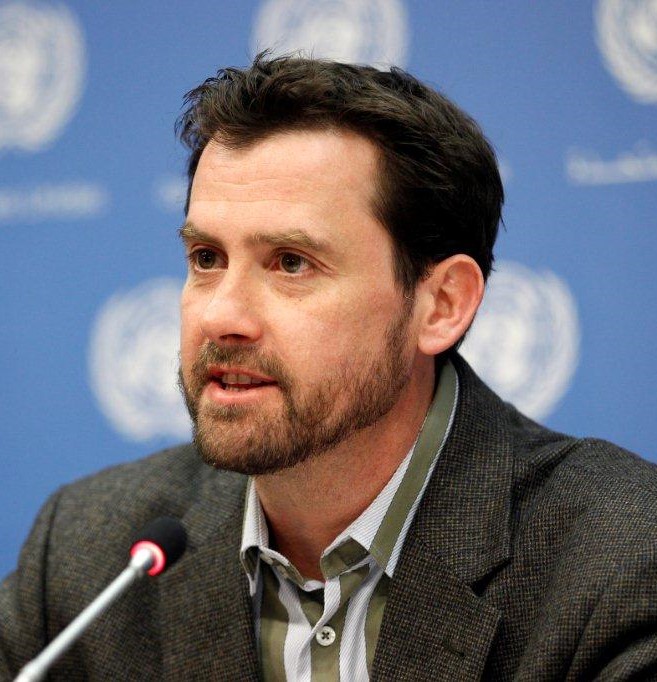
Richard CONNOR
UNESCO, Italy
Richard (Rick) Connor is an environmental scientist and internationally recognized expert on global water issues, including water resources management and governance, water’s role in climate change adaptation and mitigation, valuing water, nature-based solutions, and the water-energy nexus. Over the past ten years, he has been Editor-in-Chief of the United Nations World Water Development Report, the UN system’s annual flagship report on water. Prior to joining UNESCO’s World Water Assessment Programme in 2012, Rick worked on a variety of projects for the North American Commission for Environmental Cooperation, the World Water Council, the Co-operative Programme on Water and Climate (Netherlands), the OECD, and the Governments of Quebec, Mexico and Japan, among others. Rick holds an M.Sc. in environmental biogeochemistry from McGill University in Canada.
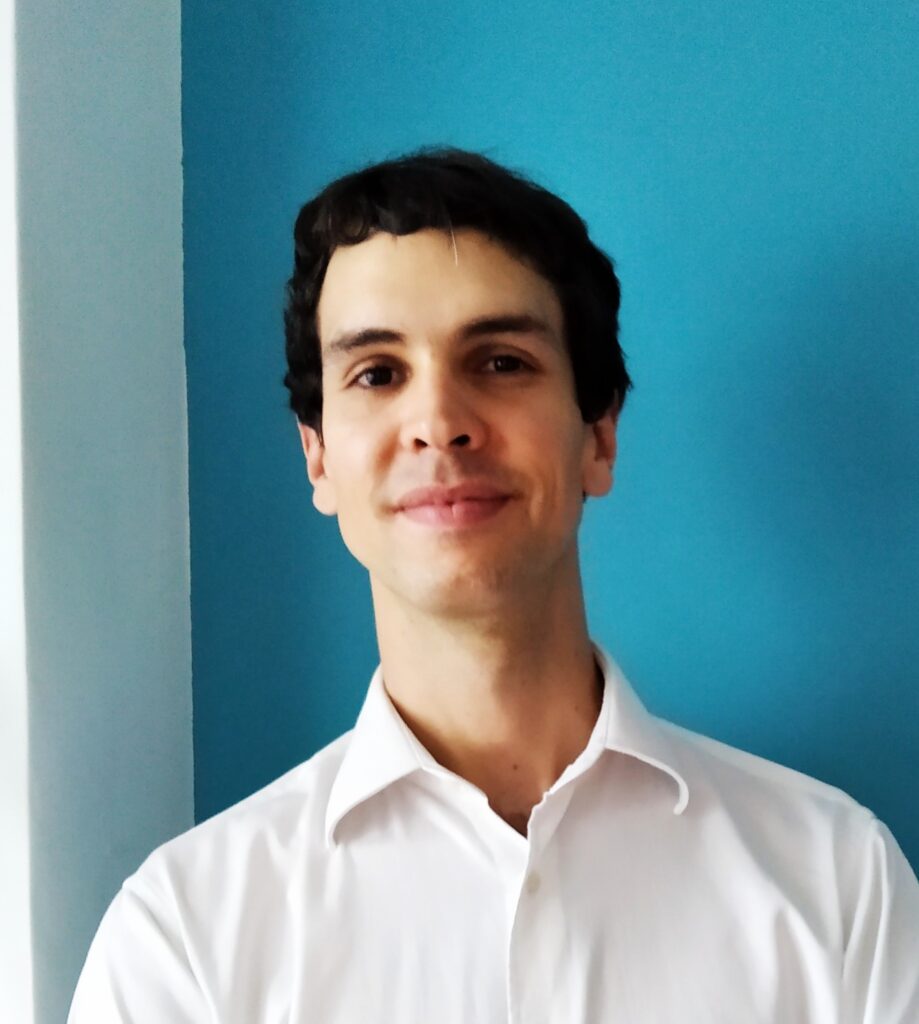
Tomás DE OLIVEIRA BREDARIOL
International Energy Agency, Brazil
Tomás de Oliveira Bredariol is an Environmental Engineer with a Master in Public Policies, Strategies and Development. He leads the analysis on the water energy nexus in the International Energy Agency and has authored a number of pieces on the subject, looking at how Clean energy can help to ease the water crisis, ways of Reducing the impact of extractive industries on groundwater resources and related topics. Prior to his arrival at the IEA, he worked as a Policy Officer in the Brazilian Institute of the Environment and Renewable Natural Resources, Environmental Permitting Directory, where he was responsible for environmental impact assessments, modelling evaluation and follow-up activities related to the permitting of offshore oil and gas undertakings.
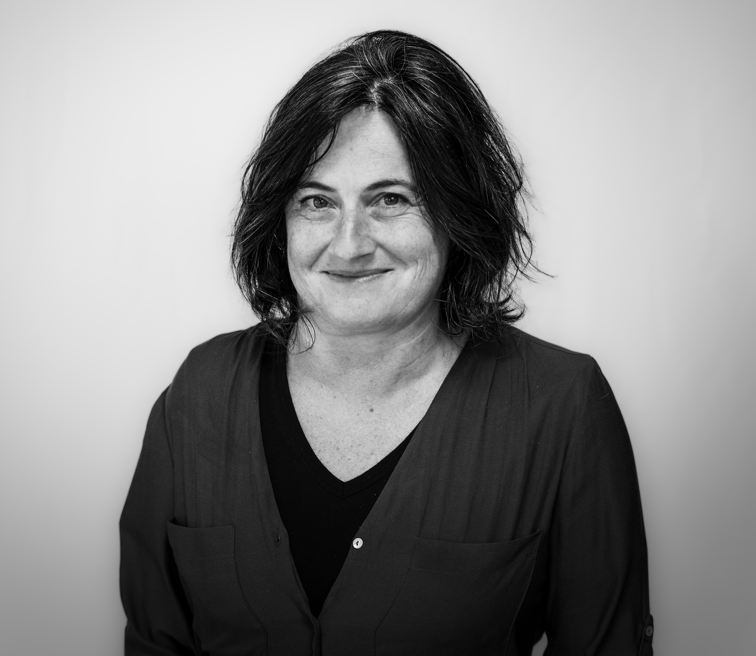
Sophie DEMASSEY
CMA Mines Paris – PSL, France
Sophie Demassey has been an assistant professor at Mines Paris – PSL in the Centre for Applied Mathematics (CMA) since 2014. She received her PhD in Computer Science from the University of Avignon in 2003 and was, between 2005 and 2012, an assistant professor at Mines Nantes, head of the master program in “Computer Science for Decision Making”. Her main research interests are in combinatorial optimization, focusing on decomposition in mathematical programming, hybridization with constraint programming, and, more recently, on bilevel programming and nonconvex systems. Sophie Demassey is now committed to dealing with decision problems for sustainability, energy savings, and water management.
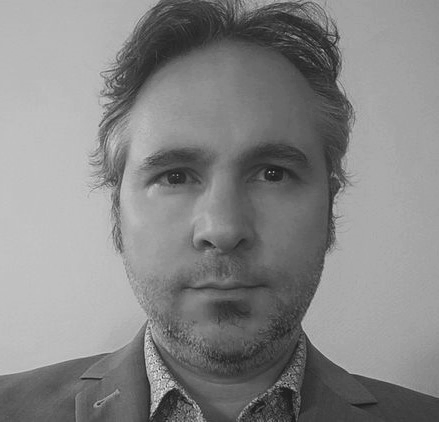
Nicolas FLIPO
GEOSCIENCES Mines Paris – PSL
Nicolas Flipo is a hydrologist and a research director at GEOSCIENCES Mines Paris-PSL. Nicolas Flipo’s areas of expertise include hydrology, hydrogeology, biogeochemistry, and numerical modeling. In 2013, he obtained his Habilitation à Diriger des Recherches, focusing on “Modeling continental hydrosystems for sustainable water resource management.” This summarizes his three main research themes: Modeling hydrosystems, Impact of anthropogenic activities on water quality:and Interfaces (environmental interactions , human-territory relationships). Nicolas Flipo employs approaches that combine field instrumentation with numerical modeling. He coordinates the development of quantitative modeling tools for the water cycle (CaWaQS, EauDyssée) and biogeochemical modeling of rivers (ProSe), as well as the development of in-situ monitoring platforms for groundwater-river exchanges in the medium term. Since 2011, he has been responsible for the “aquifer-river interfaces” research axis of the PIREN Seine research program, of which he became the Director in 2015. In 2012, he joined the Scientific Definition Team of the international SWOT (Surface Water Ocean Topography) project led by NASA, CNES, and the Canadian Space Agency. He is a member of the scientific boards of GIS ORACLE and GIP Seine Aval. Nicolas Flipo is also an author of numerous scientific publications and serves as a reviewer for prestigious international journals such as “Global Biogeochemical Cycles,” “Water Resources Research,” “Journal of Geophysical Research,” and “Journal of Hydrology.”
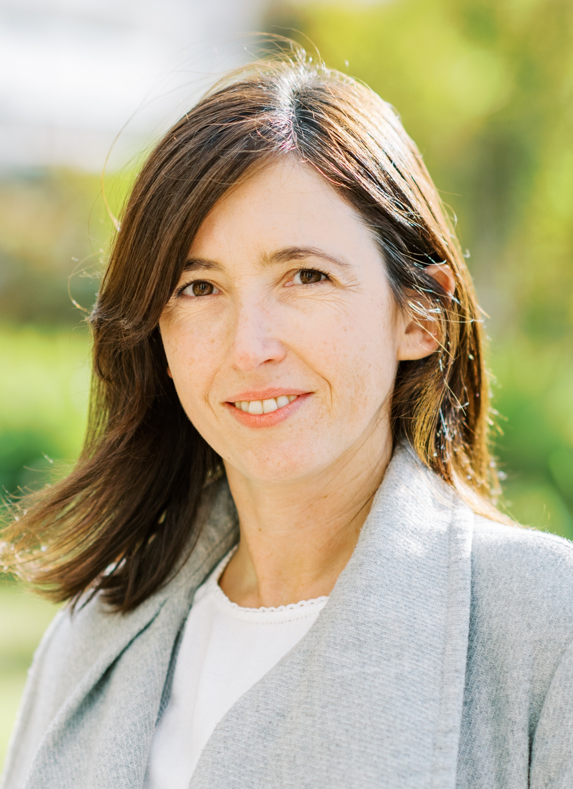
Patrícia FORTES
CENSE, Portugal
Patrícia Fortes is a research fellow in the field of energy economics and coordinator of the energy and climate research area at the Center for Environmental and Sustainability Research (CENSE) of NOVA University (Lisbon). Her research explores the transition to low carbon energy systems, focusing on technological changes, energy-climate policies analysis, the feedbacks between the energy system and the macroeconomy and the design of socio-economic and emissions scenarios. More recently she has been working in the vulnerability and adaptation of energy systems to climate change, and the competition for water. She has around 15 years of experience in energy system and computable general equilibrium modelling, in particular the linkage between the technological TIMES and the economic GEM-E3 models for Portugal. She has worked in the Joint Research Center of Seville of the European Commission (2015) in the development of the POTEnCIA (Policy Oriented Tool for Energy and Climate Change Impact Assessment) model and cooperated in multiple national and international research projects on energy-economy-environment modelling. She has also extensive experience on energy-climate policy support. She has a PhD in Environment from NOVA University of Lisbon (2014).
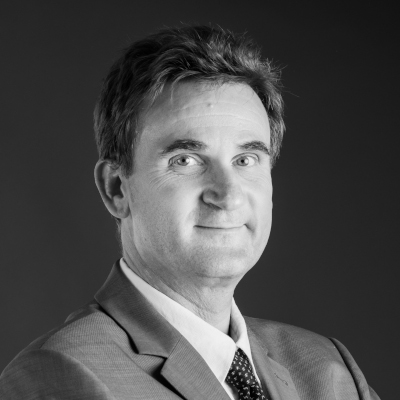
Gilles GUERASSIMOFF
CMA Mines Paris – PSL, France
Gilles Guerassimoff is a full Professor at Mines Paris – PSL Deputy Director of the Centre for Applied Mathematics (CMA), Director of the Master of Advanced Studies Specialised in Energy Systems Optimisation and Co-Director of the Master of Climate Change and Sustainable Finance, a double degree with EDHEC Business School. He has a long experience in training and managing educational programs in close relation with academics and industrials and Gives lectures on energy systems for several institutions. His expertise in energy system modelling, control and prospective led to several project for the modeling of energy systems in order to make prospective studies for decision making or algorithms design for the automation in smart cities.

Nathalie HILMI
Centre scientifique de Monaco, Monaco
Dr Nathalie Hilmi is an expert in Macroeconomics and International Finance. In 2010, she joined the Centre Scientifique de Monaco as head of the section « environmental economics » and collaborated with IAEA’s Environment Laboratories to initiate correlation studies between environmental sciences and economics to better evaluate the socioeconomic extent of impacts and costs of action versus inaction with regard to carbon emissions. She is in charge of the coordination for the preparation and organization of the workshop series “Bridging the gap between ocean acidification impacts and economic valuation” held in Monaco every two years. She passed her post-doctoral degree (HDR) in 2011 about “a muldisciplinary approach of sustainable development”. She is lead author for IPCC Special Report on the Ocean and Cryosphere in a Changing Climate (SROCC) and IPCC main report AR6. She is also lead author for MAR1, the first Mediterranean Assessment report by MedECC.

Anna KROOK-RIEKKOLA
Luleå University of Technology, Sweden
Anna Krook-Riekkola is an Assistant Professor at Luleå University of Technology (LTU) in Sweden. Her field of research is energy system analysis and modelling with a focus on long-term energy and climate policy assessment. She has worked with the MARKAL/TIMES modelling framework since 2001 and developed TIMES-Sweden – an energy system optimization model of the comprehensive Swedish energy system – first as a part of a European model within two EU projects and then as part of her PhD. Her work also includes methodological modelling, e.g. linking national CGE models with TIMES-Sweden, and developing a generic TIMES-city model (ongoing EU project). She has worked with EU energy system evaluation (at the EU Joint Research Centre in the Netherlands), and has provided policy support to the Swedish government and the Swedish EPA using TIMES-Sweden to explore climate-neutral pathways. Her teaching experience includes courses on sustainable energy systems, environmental systems analysis and sustainable development.
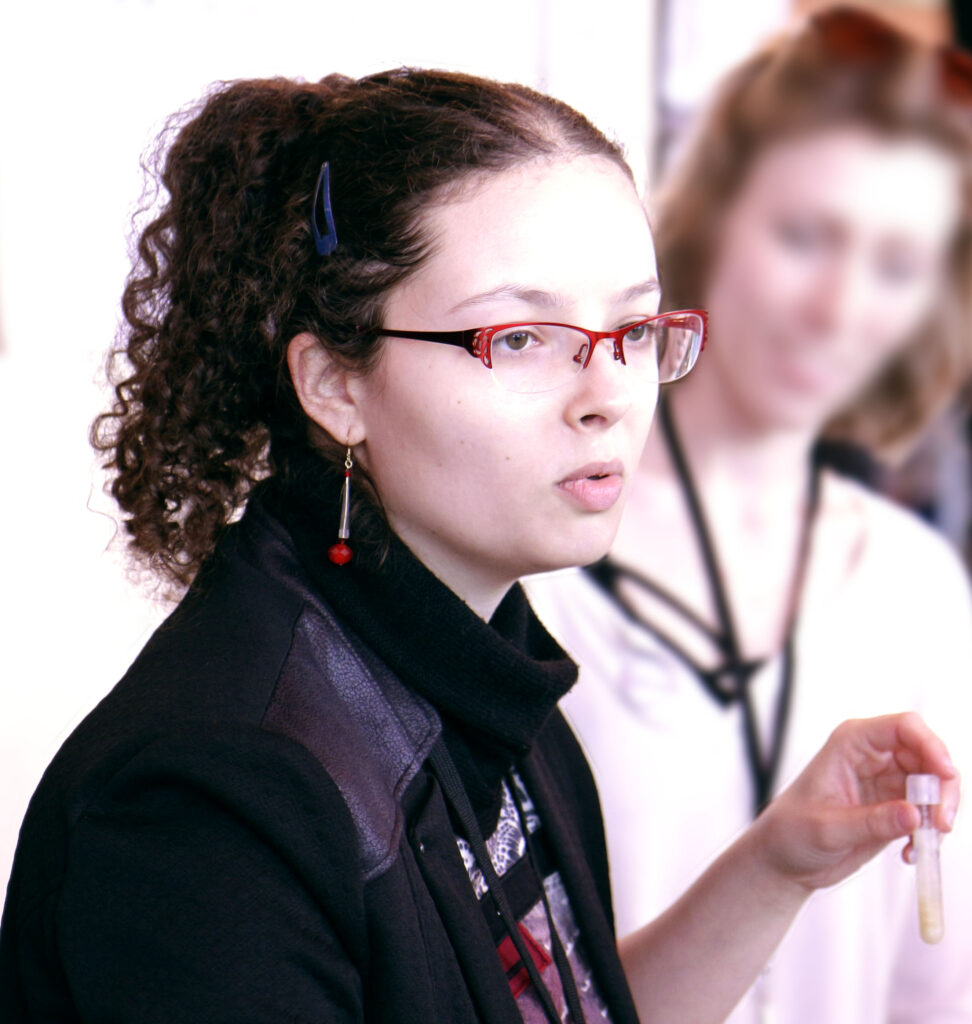
Tania LOUIS
Freelance Science Communicator, France
Doctor in biology and science communicator, Tania Louis has been dedicated to sharing science since the beginning of her doctoral studies. Alumni of the École normale supérieure – PSL, she holds a PhD in fundamental virology from the University of Montpellier. She has been involved in science outreach activities for more than 10 years, first as a volunteer, then as an employee and finally as a freelancer sincer 2020. Tania Louis launched a YouTube channel in 2015 and published several books, she is actively involved in numerous conferences and outreach events. She also offers professional training to science communication and mentors young researchers who want to make their work more accessible.
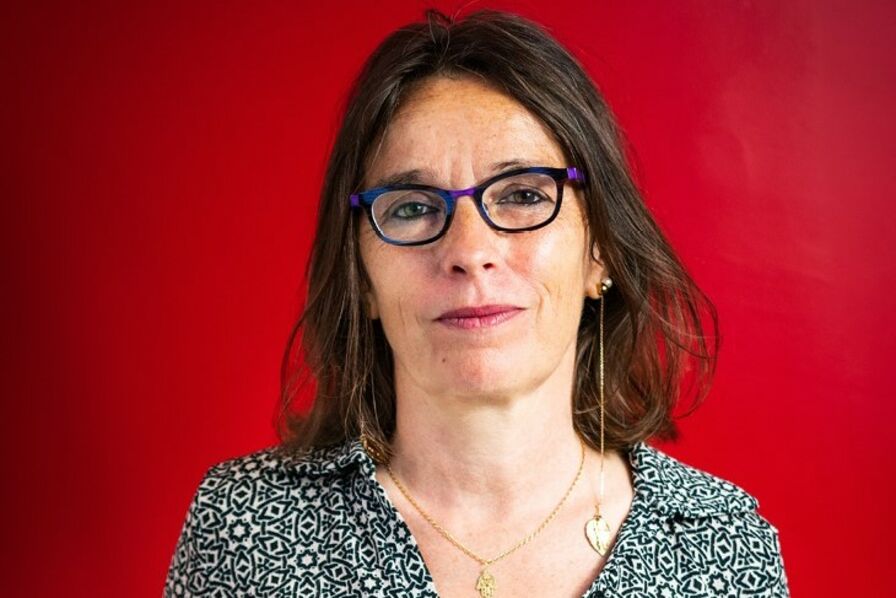
Nadia MAÏZI
CMA Mines Paris – PSL, France
Nadia Maïzi, Professor at Mines Paris-PSL, is an expert in energy system modeling, optimization and prospective analysis. She is the Co-Director of the Mines Paris – PSL Chair Modeling for Sustainable Development and has been acting as French delegate on the ETSAP (Energy Technology System Analysis Program) run by the IEA (International Energy Agency) since 2008. She is also Head of the Mines Paris – PSL delegation for the UNFCCC (United Nations Framework Convention on Climate Change) since 2009. In addition, Professor Maïzi is Head of Studies for the Advanced Master’s degree OSE (Energy Systems Optimization) of Mines Paris – PSL. She is co-author of the 6th IPCC report. Since 2022, Nadia Maïzi has been Director of The Transition Institute 1.5.
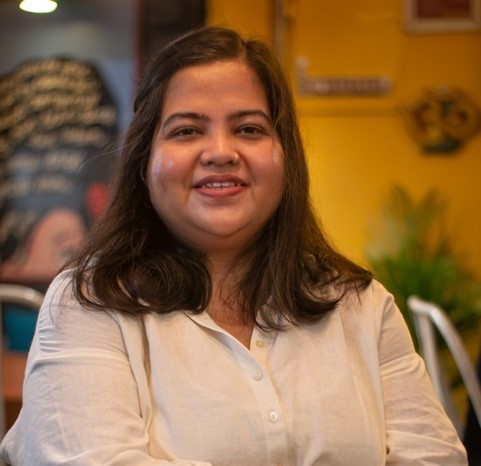
Kangkanika NEOG
Council on Energy, Environment and Water, India
Kangkanika is an experienced water policy professional with a strong background in sustainable water management. She is currently a Programme Associate at the Council, focusing on climate-smart agriculture, policy coherence in the water-energy-food nexus and climate adaptation. With over eight years of diverse experience at CEEW (Council on Energy, Environment and Water) and as an independent consultant, she has researched topics such as agriculture water management, urban water management, particularly the circular economy of wastewater, policy coherence and irrigation management. Kangkanika holds a Master’s in Environmental Studies and Resource Management from TERI School of Advanced Studies. She is committed to driving climate adaptation in agriculture and finding innovative solutions for water challenges.
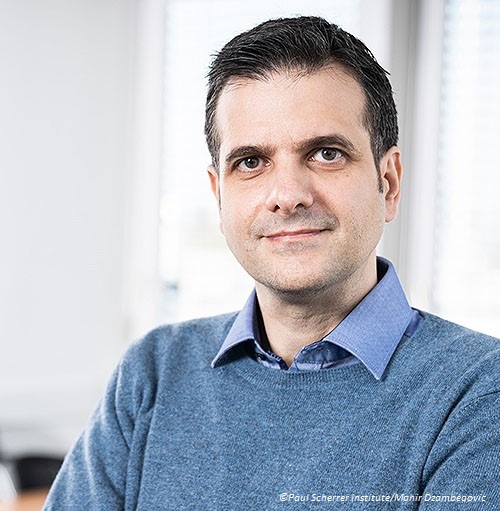
Evangelos PANOS
Paul Scherrer Institute, Switzerland
Dr. Panos Evangelos has graduated from the University of Patras in Greece, Department of Computer Engineering and Informatics and he holds a PhD degree in Operations Research and Software Engineering from the National Technical University of Athens in Greece. He is specialized in operations research methods and mathematical programming in the domain of energy systems modelling. He has also accumulated experience in the design of database systems and decision support systems for GAMS-based models. In the Energy Economics Group at PSI, Dr. Panos Evangelos is working with the Global Multi-regional MARKAL (GMM) model for the development of Global Energy Scenarios for the World Energy Council, with the Swiss TIMES energy systems model (STEM) for the analysis of the Swiss energy system under different energy and climate policies, and with the bi-level electricity model (BEM) to analyse investment and market behaviour of power utilities. In addition, he is contributing to the IPCC WGIII Scenario Database and the Integrated Assessment Modeling Consortium (IAMC) with the global integrated assessment MERGE-ETL model.
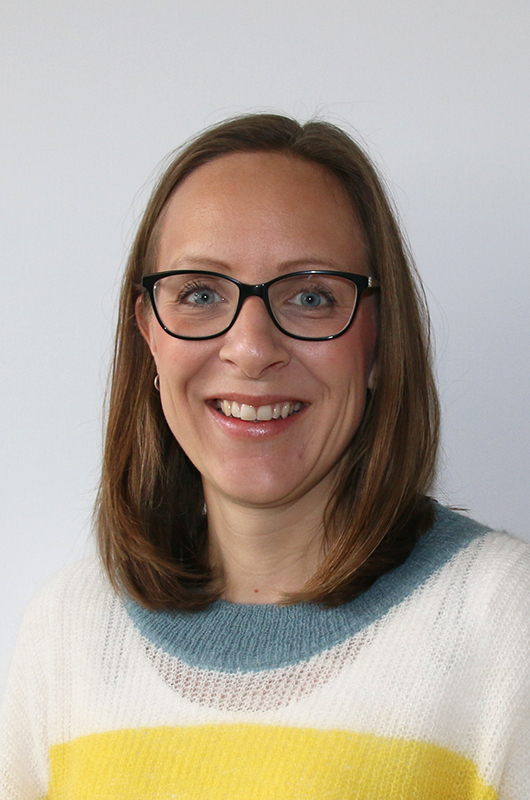
Pernille SELJOM
Institute for Energy Technology, Norway
Pernille Seljom (PhD) is a senior research scientist at the Institute for Energy Technology (IFE) since 2008 and an Associate Professor at the University of Oslo (UiO) since 2021. She has a Master of Science (2006) in Energy and Environmental Engineering and a PhD (2017) in Operations Research from the Norwegian University of Science and Technology (NTNU). Dr Seljom is an experienced energy system and TIMES modeler, with interests in modelling methodology and interdisciplinary collaboration. In addition to using TIMES to analyze the transition of the energy system, she assists other institutions in developing their own TIMES models. Her current research focus is the role of energy behavior and the future need for short- and long-term flexibility in the low carbon transition.
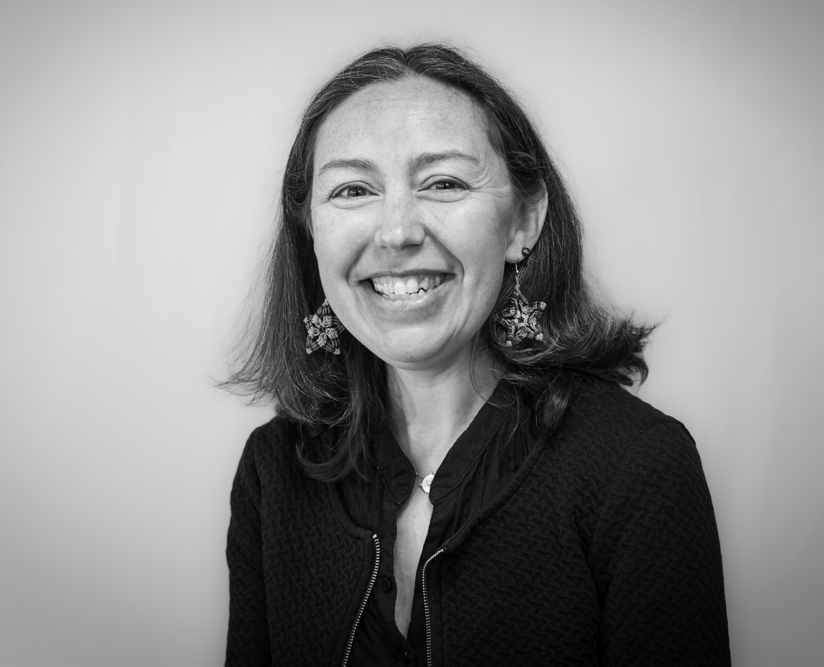
Sandrine SELOSSE
CMA Mines Paris – PSL, France
Dr. Sandrine Selosse is a researcher at the Centre for Applied Mathematics (CMA) of Mines Paris – PSL. Her research activities focus on long-term modeling of energy systems and the assessment of international energy and climate policy issues, in particular based on the bottom-up world energy system model TIAM-FR (TIMES Integrated Assessment Model). Her research interests are notably oriented towards the modelling of CCUS, CDR, hydrogen, biomass, water, and also, more recently, towards food autonomy versus energy autonomy for regional energy system. She also plays a central role in the running of the Chair Modeling for Sustainable Development, created in 2008, for which she coordinates interactions with industrial partners and organizes events and activities. This collaboration between academic, institutional and industrial actors aims to develop decision-making tools for carbon neutrality challenges. Sandrine is also involved in several research projects and teaches classes on long-term energy system modeling and international climate negotiations.
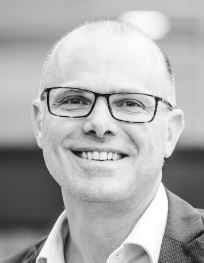
Nicolas SERVEL
SKEMA, France
Nicolas is the Director of the MSc Entrepreneurship & Innovation at SKEMA Business School and the Co-Director of the MSc Entrepreneurship & Design for Sustainability. Prior to joining SKEMA in 2017, Nicolas had 20 years of professional experience. He worked for c. 10 years for major Consulting Firms (such as KPMG Strategy, L.E.K. Consulting, In Extenso-Innovation Croissance and Partners in Performance), 5 years as a co-founder of a consulting firm and a freelance consultant and 5 years in Corporate Strategy functions for high growth technology companies listed on the stock market or belonging to major Private Equity firms. Many of his engagements were related to the environmental sector. He worked for example for a cogeneration subsidiary of Suez, Greensync, Water corporation and a few other innovative start-ups in the fields of clean energy and water. He was a volunteer for a local Venture Capital firm and one of the co-founder of the Cambridge University Technology and Entreprise Club.
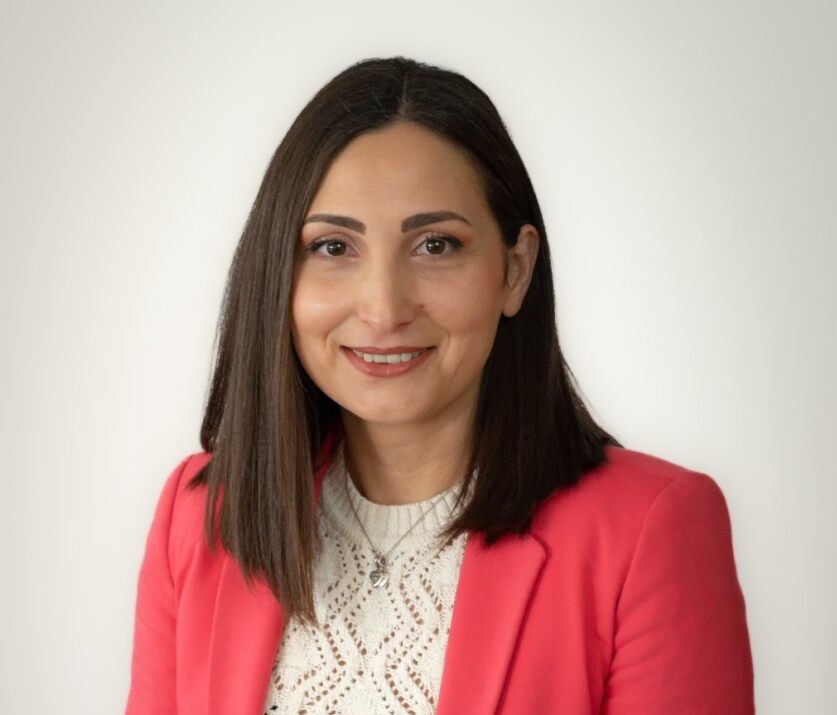
Valentina SESSA
CMA Mines Paris – PSL, France
Valentina Sessa received a Master’s degree in automatic control engineering and a PhD in information engineering from the University of Sannio, Benevento, Italy, in 2010 and 2013, respectively. After a one-year postdoctoral fellowship at the Department of Engineering, University of Sannio, she took up a postdoctoral position at IMPA (Instituto Nacional de Matemática Pura e Aplicada), Rio de Janeiro, Brazil. From August 2015 to June 2017, she was assistant professor at the Department of Electronic and Telecommunications Engineering at the State University of Rio de Janeiro (UERJ), Brazil, where she taught two courses: automatic control and mathematical models for electrical engineering. She joined the Center for Applied Mathematics (CMA) – Mines Paris – PSL in 2018 as research engineer to work on a European Project called Clim2Power. She currently holds a position as an associate researcher at CMA. Ms Sessa’s current research interests include analysis of non-smooth dynamical systems, in particular piecewise linear and complementarity systems; modelling and control of power electronic converters; numerical algorithms for complementarity problems; and global optimization. More recently, she has focused her research on machine learning techniques applied to energy problems.
Contact: tti.5@minesparis.psl.eu (with the e-mail object: Autumn School + Your first name and last name)
